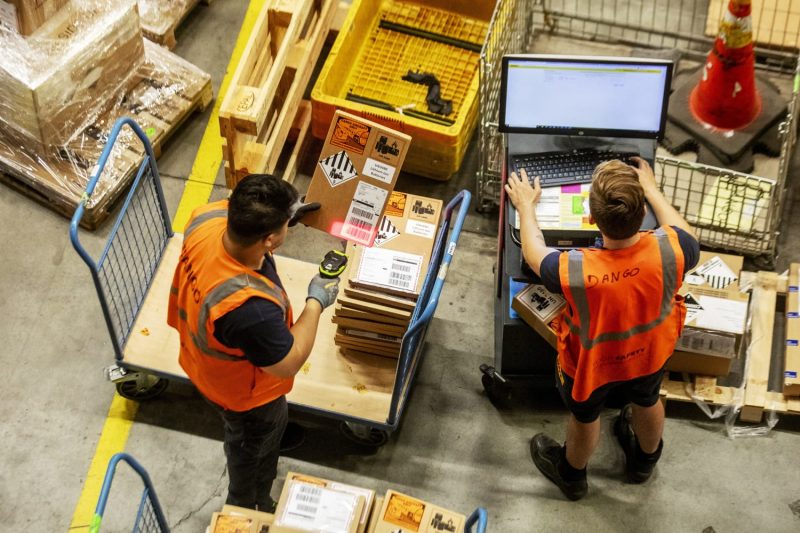
Unraveling the World: The Devastating Impact of One Failure on Global Commerce
In the world of global commerce, the intricate web of interconnected systems and processes is carefully woven to ensure efficient and seamless operations. However, this delicate balance can be easily disrupted by a single failure, leading to a cascade of consequences that reverberate across industries and geographies.
At the heart of global commerce lies the reliance on supply chains that span continents and link the production of goods and services with consumers worldwide. A disruption at any point in this chain can have far-reaching effects, impacting not only the companies directly involved but also their partners, suppliers, customers, and the broader economy.
One of the key vulnerabilities in the global commerce web is the reliance on just-in-time inventory management practices. This approach, aimed at minimizing warehousing costs and maximizing efficiency, leaves little room for error. A single disruption, such as a natural disaster, labor strike, or transportation bottleneck, can quickly lead to shortages, production delays, and lost revenue.
The interconnected nature of global commerce also means that a failure in one sector can have a domino effect on others. For example, a cyberattack on a major shipping company could disrupt the flow of goods, leading to delays in manufacturing and distribution, and ultimately impacting retail sales and consumer confidence.
Moreover, as companies increasingly rely on complex global networks of suppliers and subcontractors, the risk of a failure further upstream in the supply chain continues to grow. A single supplier bankruptcy, quality issue, or regulatory violation can have ripple effects that spread throughout the entire network, causing delays, increased costs, and reputational damage.
In light of these risks, companies must proactively identify and address vulnerabilities in their supply chains, from conducting thorough risk assessments to developing robust contingency plans. Collaboration and communication with partners and stakeholders are also essential to ensure a coordinated response in the event of a disruption.
In conclusion, the fragility of the global commerce web underscores the need for resilience, adaptability, and foresight in navigating an increasingly complex and interconnected business environment. By recognizing the potential impacts of a single failure and taking proactive steps to mitigate risks, companies can better safeguard their operations and ensure continuity in the face of unforeseen challenges.
